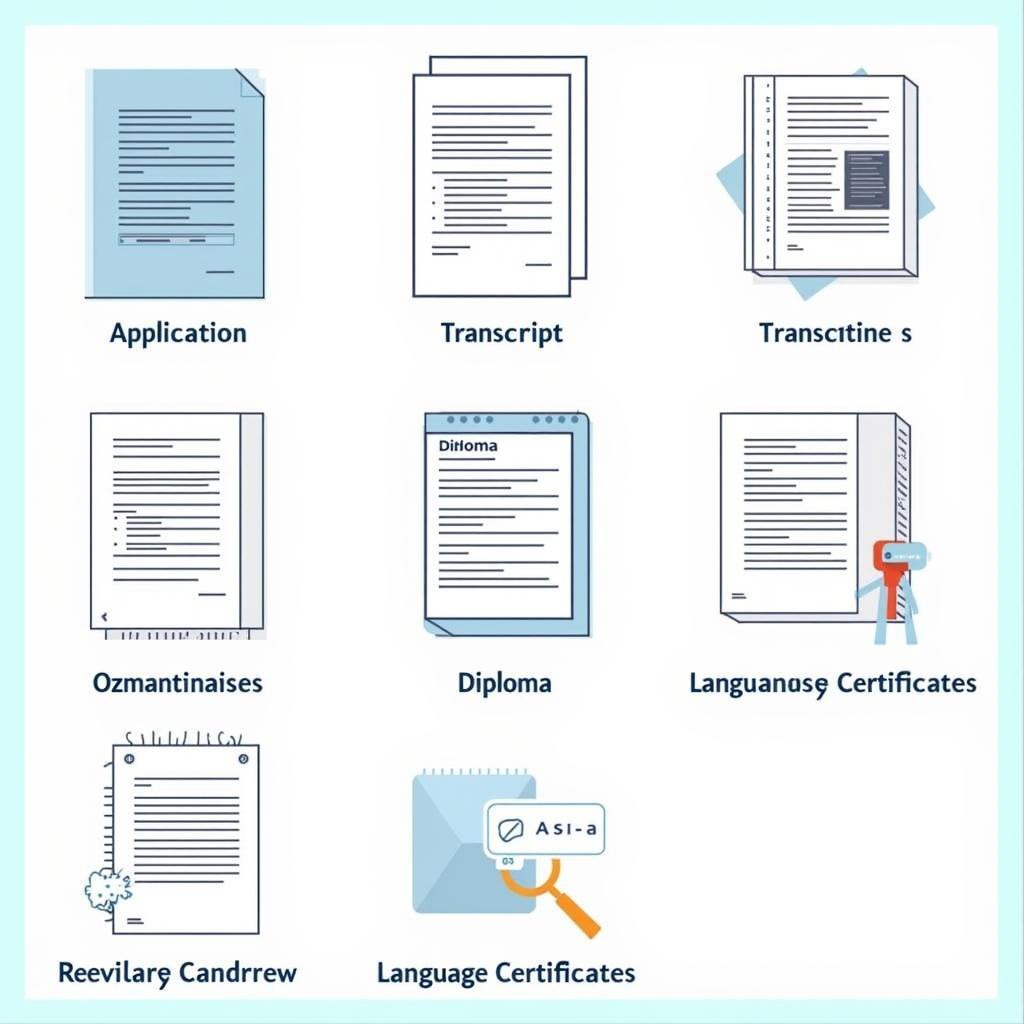Article 35 of the ASEAN Human Rights Declaration 2012 is a crucial provision that establishes the foundation for equality and non-discrimination within the ASEAN region. This article emphasizes the right of everyone to be treated equally and with dignity, regardless of their race, color, sex, language, religion, political or other opinion, national or social origin, property, birth, or other status.
Understanding Article 35
Article 35 of the ASEAN Human Rights Declaration 2012 prohibits any form of discrimination on the grounds listed above. It explicitly states that:
“No one shall be subjected to discrimination on any ground such as race, color, sex, language, religion, political or other opinion, national or social origin, property, birth or other status.”
This article underscores the commitment of ASEAN member states to uphold the principles of equality and non-discrimination, recognizing that all individuals are entitled to equal rights and opportunities.
Key Elements of Article 35
Article 35 encompasses several key elements that are essential for promoting equality and non-discrimination:
- Universal Applicability: This article applies to all individuals within the ASEAN region, regardless of their nationality, status, or any other characteristic.
- Prohibition of Discrimination: Article 35 explicitly prohibits discrimination based on a wide range of grounds, ensuring that no individual is treated unfairly or unjustly.
- Equality Before the Law: It emphasizes the principle of equal treatment before the law, ensuring that all individuals have equal access to legal protection and justice.
- Non-Discrimination in Practice: This article goes beyond simply stating the principle of non-discrimination; it calls for concrete action to eliminate all forms of discrimination in practice.
Importance of Article 35
Article 35 holds significant importance for the ASEAN region:
- Human Rights Foundation: It serves as a fundamental cornerstone for building a society based on equality and justice.
- Social Cohesion: It promotes social cohesion by ensuring that all individuals are treated with respect and dignity, fostering a sense of belonging and shared values.
- Economic Development: By promoting equality and non-discrimination, Article 35 creates an environment conducive to economic growth and development, allowing all individuals to contribute to society.
- International Commitment: It demonstrates ASEAN’s commitment to upholding international human rights standards and promoting a just and equitable world.
Challenges and Opportunities
While Article 35 represents a significant step towards promoting equality and non-discrimination, there are still challenges and opportunities for its effective implementation:
- Implementation Gaps: Despite the declaration, there are gaps in implementing these principles in practice.
- Cultural Diversity: The diverse cultural backgrounds of ASEAN member states can present unique challenges in implementing Article 35.
- Strengthening Institutions: Strengthening institutions and mechanisms to monitor and address discrimination is crucial.
- Raising Awareness: Raising awareness about Article 35 and its importance among the public is essential for its effective implementation.
The Future of Article 35
The future of Article 35 lies in its effective implementation and continuous efforts to promote equality and non-discrimination in ASEAN.
“Article 35 serves as a powerful reminder that we are all equal and deserve to be treated with respect and dignity, regardless of our background,” said Dr. Maya Sharma, an expert on human rights and social justice in Southeast Asia. “By upholding the principles of equality and non-discrimination, we can build a more just and equitable ASEAN region for all.”
FAQs
Q: What are the grounds for discrimination prohibited by Article 35?
A: Article 35 prohibits discrimination based on race, color, sex, language, religion, political or other opinion, national or social origin, property, birth, or other status.
Q: How does Article 35 relate to the concept of human dignity?
A: Article 35 recognizes that all individuals are inherently worthy of respect and dignity, regardless of their differences.
Q: What are some examples of discrimination that Article 35 aims to prevent?
A: Examples include racial discrimination, gender discrimination, religious discrimination, and discrimination based on sexual orientation or disability.
Q: What role can civil society play in promoting the implementation of Article 35?
A: Civil society organizations can play a crucial role by raising awareness, advocating for policy changes, and monitoring the implementation of Article 35.
Q: What is the significance of Article 35 in the context of regional integration?
A: Article 35 promotes social cohesion and unity within the ASEAN region by ensuring that all individuals are treated equally, regardless of their background.

